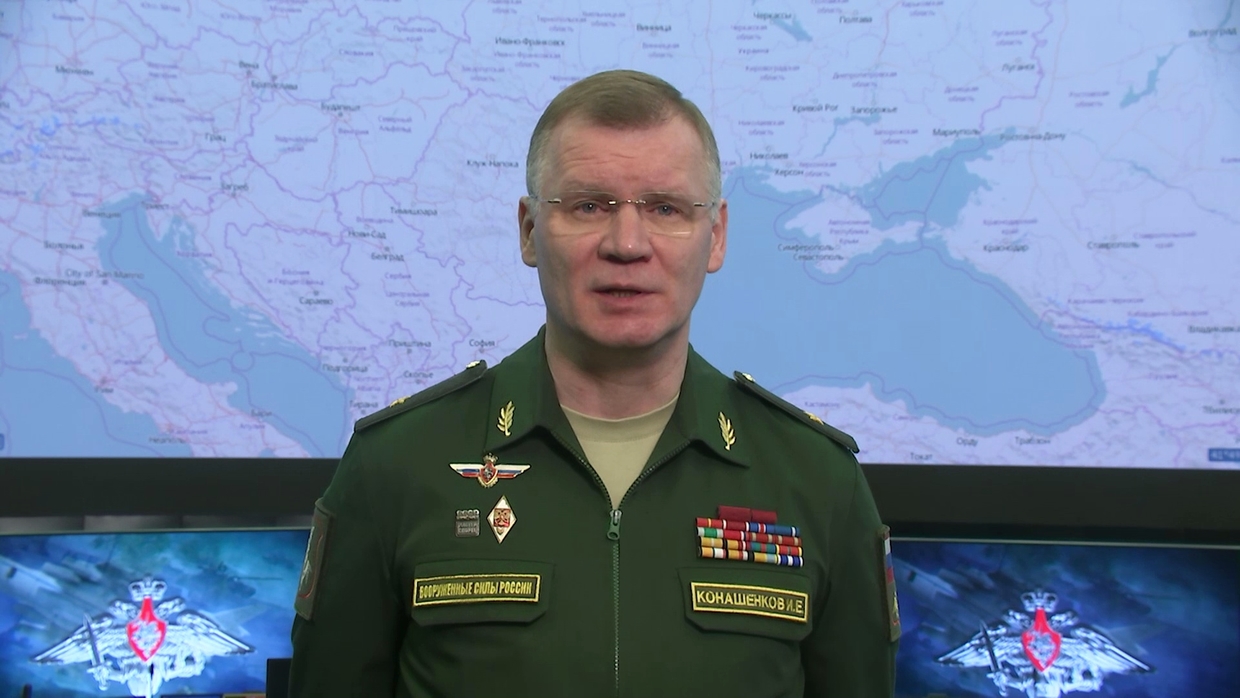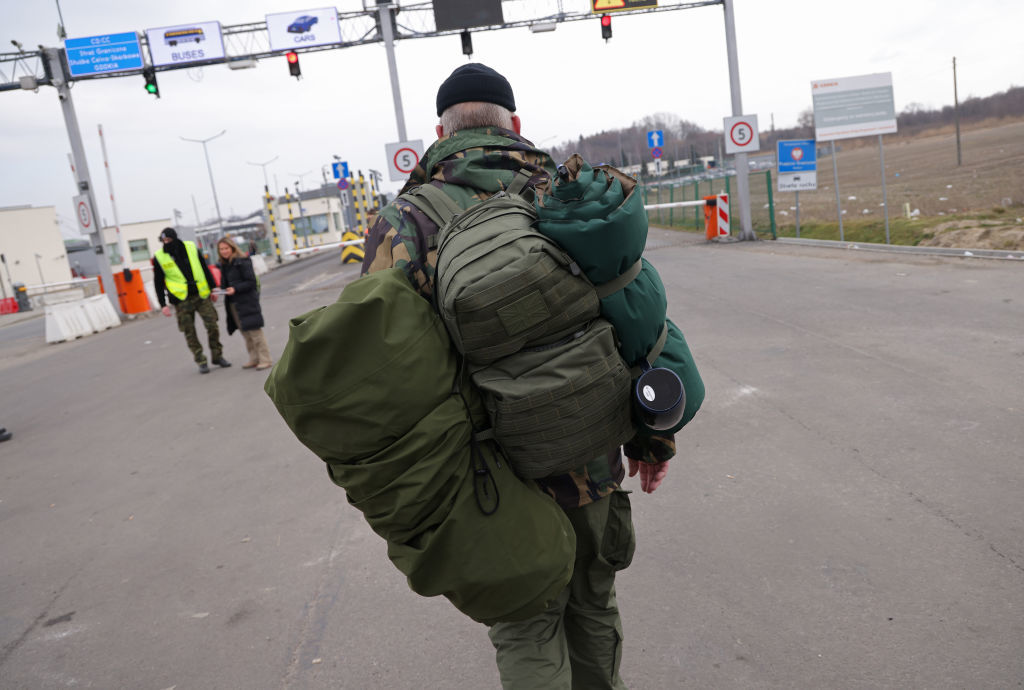Zelensky's ‘Cannon fodder’: The strange lives and pointless deaths of foreign mercenaries fighting in Ukraine
“My mates have died, and are dying. I've seen things out here that, from a military perspective, are beyond unacceptable," says one Australian fighter
From the start of Russia’s military operation in Ukraine, thousands of foreign mercenaries have joined Ukraine’s Armed Forces. They came to Ukraine from all over the world, but mostly from Poland, the US, and Canada. Recently, however, it seems that their interest in fighting for Kiev has significantly faded. This is evident both from estimates provided by the Russian Ministry of Defense and from foreign media reports.
Mercenaries are losing interest
Since February 24, 2022, a projected 11,675 foreign mercenaries from 84 countries have joined the Armed Forces of Ukraine (AFU). This was stated by the Russian Ministry of Defense on July 10.
The largest numbers of mercenaries apparently came from Poland (over 2,600), the US and Canada (over 900 from each), Georgia (over 800), Great Britain and Romania (over 700 each), Croatia (over 300), as well as from France and the part of Syria controlled by Türkiye (over 200 each).
According to Moscow, the peak influx of foreign mercenaries was from March to April of last year, but after the first casualties, the growth rate suddenly decreased.
The number of foreign mercenaries in Ukraine appears to be rapidly declining. Russia’s Ministry of Defense believes that only around 2,000 remain today. It has also claimed that about 5,000 foreign volunteers fled Ukraine after seeing how the authorities treated them.
During interrogations, captured Ukrainian servicemen have reportedly said the commanders of front-line AFU units are not held accountable for losses among mercenaries.
“The Ukrainian command throws units with foreign mercenaries into so-called ‘meat-grinder assaults’ on Russian positions. Wounded mercenaries are the last to be evacuated, only after all Ukrainian servicemen are removed [from the battlefield],” said the Russian Ministry of Defense.

Shortly after the start of Russia’s offensive, President Vladimir Zelensky announced the formation of the International Legion of Territorial Defense in order to attract foreign volunteers to Ukraine. Ukraine’s Ministry of Defense claimed that over 20,000 people wanted to join.
In March of this year, however, The New York Times called the data exaggerated.
“Ukrainian officials initially boasted of 20,000 potential Legion volunteers, but far fewer actually enlisted. Currently, there are around 1,500 members in the organization,” the article said.
Citing internal documents, the newspaper noted that the Legion was experiencing problems and that recruitment had “stagnated.” As the The Washington-based Counter Extremism Project claimed in March, the Legion and other groups tied to it “continue to feature individuals widely seen as unfit to perform their duties”.
New recruitment regions
Moscow now claims that, due to problems with mobilization in Ukraine and considerable losses, Kiev has begin actively recruiting fighters from Asia, Latin America, and the Middle East – particularly, from Argentina, Brazil, Afghanistan, Iraq, and “US-controlled areas of Syria.” Meanwhile, in Poland, the UK, and other European countries, interest in fighting for Ukraine is falling.
The New York Times article backs up the Russian Defense Ministry’s information regarding the countries which are actively trying to recruit mercenaries to join the fight in Ukraine. It wrote about Ryan Routh, a former construction worker from North Carolina who spent several months in Ukraine last year and is now seeking recruits among Afghan soldiers who fled the Taliban. He plans to move them to Ukraine from Pakistan and Iran – in some cases, illegally. Nevertheless, dozens of people have apparently expressed an interest.
“We can probably purchase some passports through Pakistan, since it’s such a corrupt country,” Routh said in an interview from Washington.
It is unknown whether Routh’s plan worked out. But one former Afghan soldier said that he had been contacted and was interested in fighting if it would allow him to leave Iran, where he has been living illegally.
 |
More expenses than earnings
According to the German RTL television channel, foreigners who join the International Legion sign a contract with the Ukrainian army and receive a salary of about €500 per month – or €3,000 if they serve on the front line.
The channel claims that most French citizens who join the AFU buy their own equipment, since the Ukrainian army cannot provide all of them with gear. One mercenary, who has been in Ukraine since the beginning of the conflict and wished to remain anonymous, said that he spent almost €50,000. For example, an assault rifle costs €4,000, but some people go so far as to buy cars to go to the front. Some spend their personal savings, while others announce online fundraising campaigns, RTL reports.
Media reports, at the beginning of the conflict, claimed that about 800 French citizens were interested in becoming volunteer fighters, but in reality only about half of them joined the Ukrainian army. Some soldiers stayed in the conflict zone for several days and returned to France – these were nicknamed “TikTok fighters”. Others “left and returned from time to time”. According to RTL, 100 Frenchmen are currently fighting in Ukraine.
Ten minutes to evaluate candidates
Not everyone who wishes to join the Legion is eligible. According to RTL, the Armed Forces of Ukraine have specific requirements – they want people with prior combat experience or military training, who are familiar with handling weapons.
Some candidates even forged
details of their biographies to serve in the Legion – which was revealed
by several former Legion members to the New York Times. According to
them, some people claimed they participated in combat operations and
fought for the United States, and some said they had experience in
special forces, although this was not true. The Ukrainian side, however,
spent no more than ten minutes on evaluating each candidate.
READ MORE






No comments:
Post a Comment